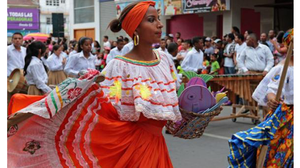Ethnic Japanese-Korean’s Arirang (From traditional folk music to the music of the largest minority group in Japan )
Center of cultural heritage studies at Jeonbuk National University and the center leaders in industry-university cooperation (Linc+) are co-hosting the event, Ethnic Japanese-Korean's Arirang.
Date/time: 05.16.2018(Thursday) / 9AM-11AM
Location: Jinsudang Kain Hall at Jeonbuk National University, Jeollabukdo,South Korea
Participants: Undergraduate and graduate students at Jeonbuk National University(College of liberal arts, college of engineering, intangible cultural heritage studies), researchers at Center of intangible cultural studies and others
1. significance
-Understanding the relationship between ethnic Japanese-Korean traditional music and social perimeter of the performance
-Understanding the culture of the largest ethnic minority group in Japan
-Through the music of ethnic Japanese Korean one can examine the problems regarding various anthropological identity, identity politics, multiculturalism, and cultural changes among ethnic Japanese-Korean
2. Main Contents
-Documentary Screening
Ahn Sung-min, the singer who succeeds South Korean music, the , which inherits the music of North Korea, and Lee Jung-mi, a singer who expresses the emotions of the ethnic Japansese-Korean with music. Focusing on the relationship between the sensitivity of Koreans and the musical activities of living in the border by juxtaposing their stories and music activities, which help find their identity.
-Lectures
A Lecture by Professor Jungja Ko on Emotion and Identity of ethnic Japanese-Korean
A lecture by Professor Derada Yoshitaka on the national minority group in Japan(ethnic Japanese-Korean)
3.Documentary Introduction
Ethnic Japanese-Koreans are the largest ethnic minority group in Japan, referring to those who came to Japan from Korea(north and south) during the Japanese colonial period (1910-45). After the Second World War, the Korean peninsula was divided into north and south. This divide of the Korean Society greatly influenced Korean life and identity in Japan.
The phrase "Arirang going over the hill" used in the title of the documentary does not literally mean going over a phiysical hill, but a symbol of the hardship faced by ethinic Koreans in Japan. And 'going over' means the act of ethinic Korean Japanese who has been working hard to overcome their hardships. Therefore, singing and listening to the folk song "Arirang" is the act of sharing the past and the present of Korean identity in Japan and conveying hope for the future generations.
In the documentary there are both representatives of north and south Korean music. Ahn Sung-min is a singer who inherited the music of South Korea, which inherits the music of North Korea, and Lee Jung-mi who expresses the emotions of Korea through music. This documentary will focus on the relationship between the sensitivity of Korean and the music activities of those 'Living in the Border'.
4.Question inquiry
icheventboard@gmail.com
cics.center@gmail.com
No files attached
● Event Summary
| Title |
Ethnic Japanese-Korean’s Arirang (From traditional folk music to the music of the largest minority group in Japan ) |
| Place |
REPUBLIC OF KOREA |
| Start Date |
2018-05-16 | End Date |
2018-05-16 |


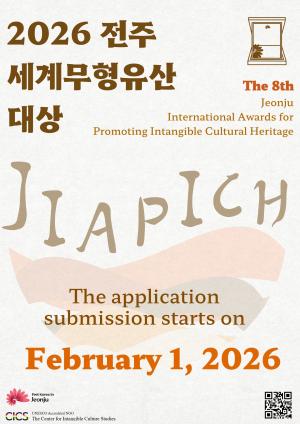

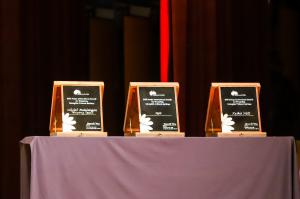

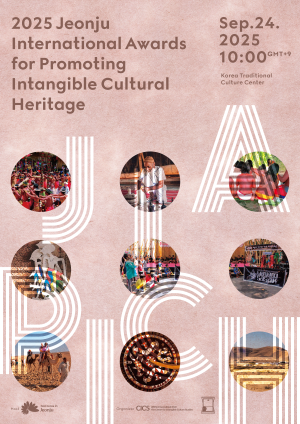
-2.jpg)


.png)
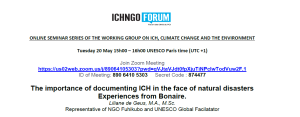





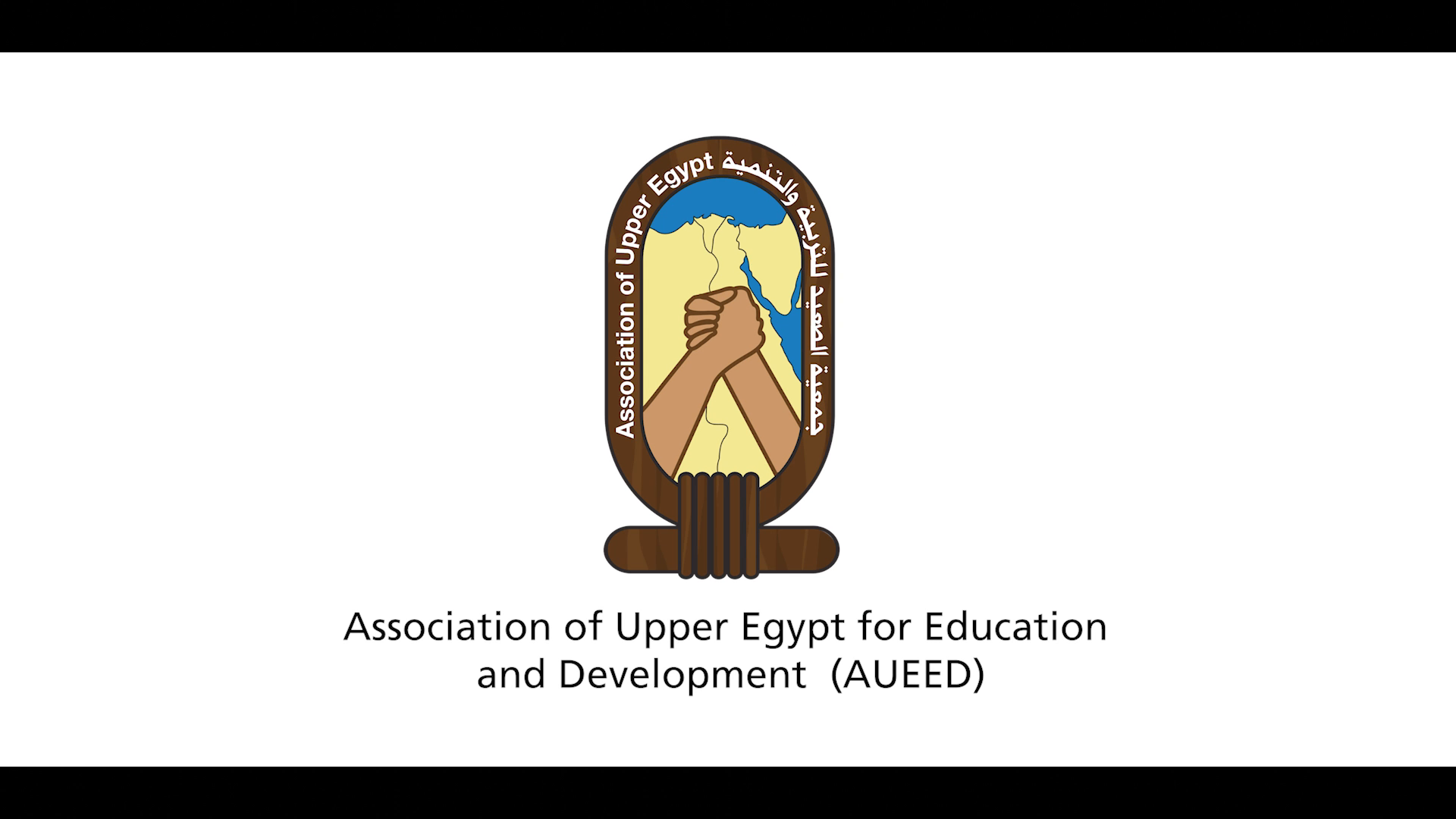
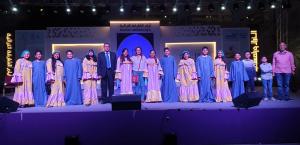
















 (40 x 60 cm).png)
.jpg)

.jpg)













.PNG)



(2021-12-17.png)







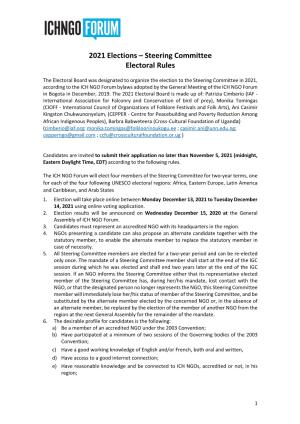



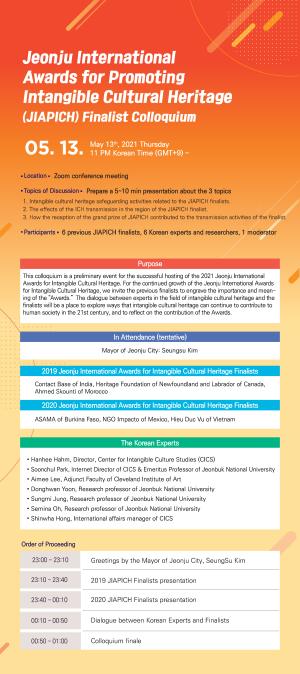








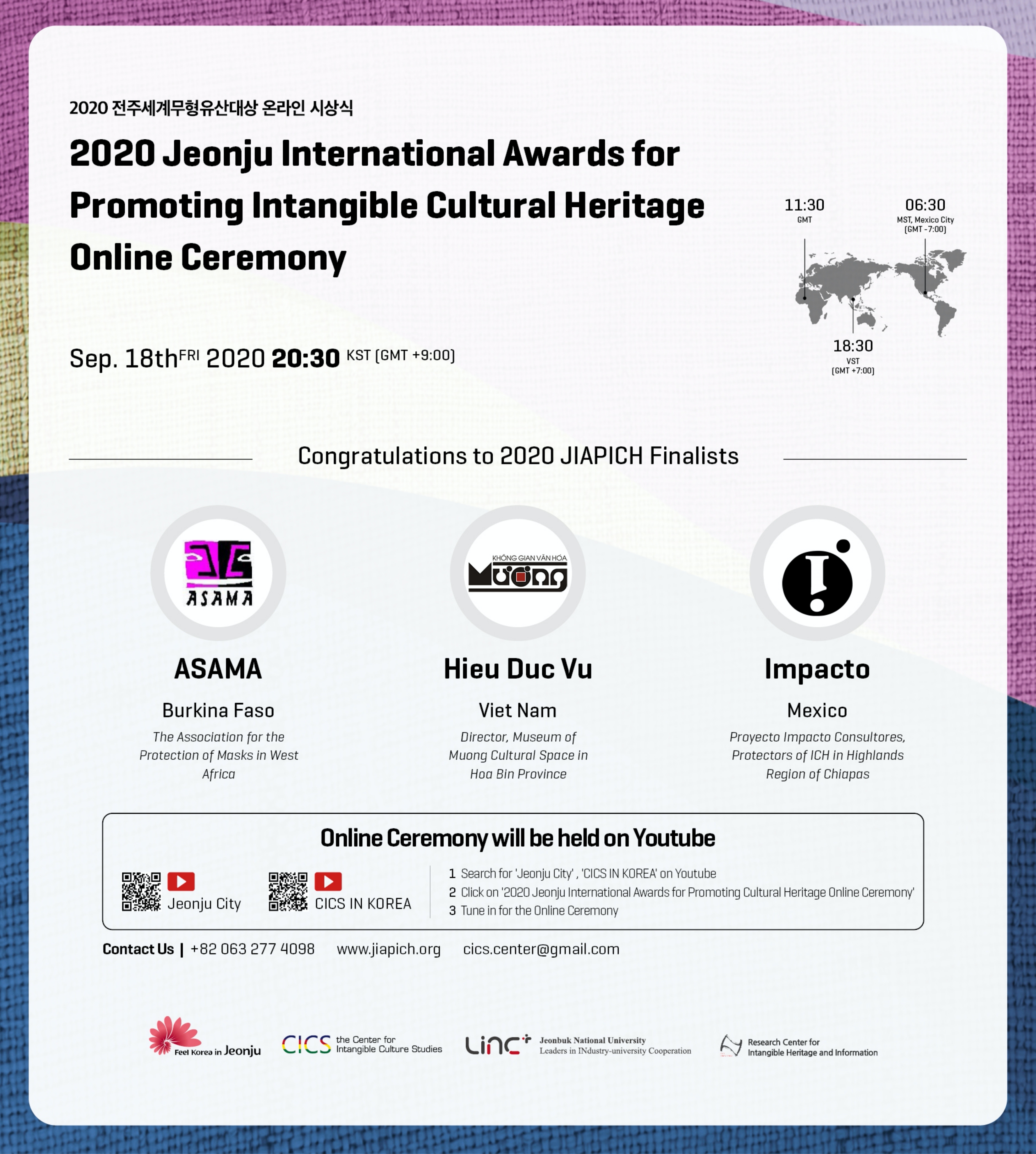










.jpeg)







.png)







.jpg)


















.jpg)




